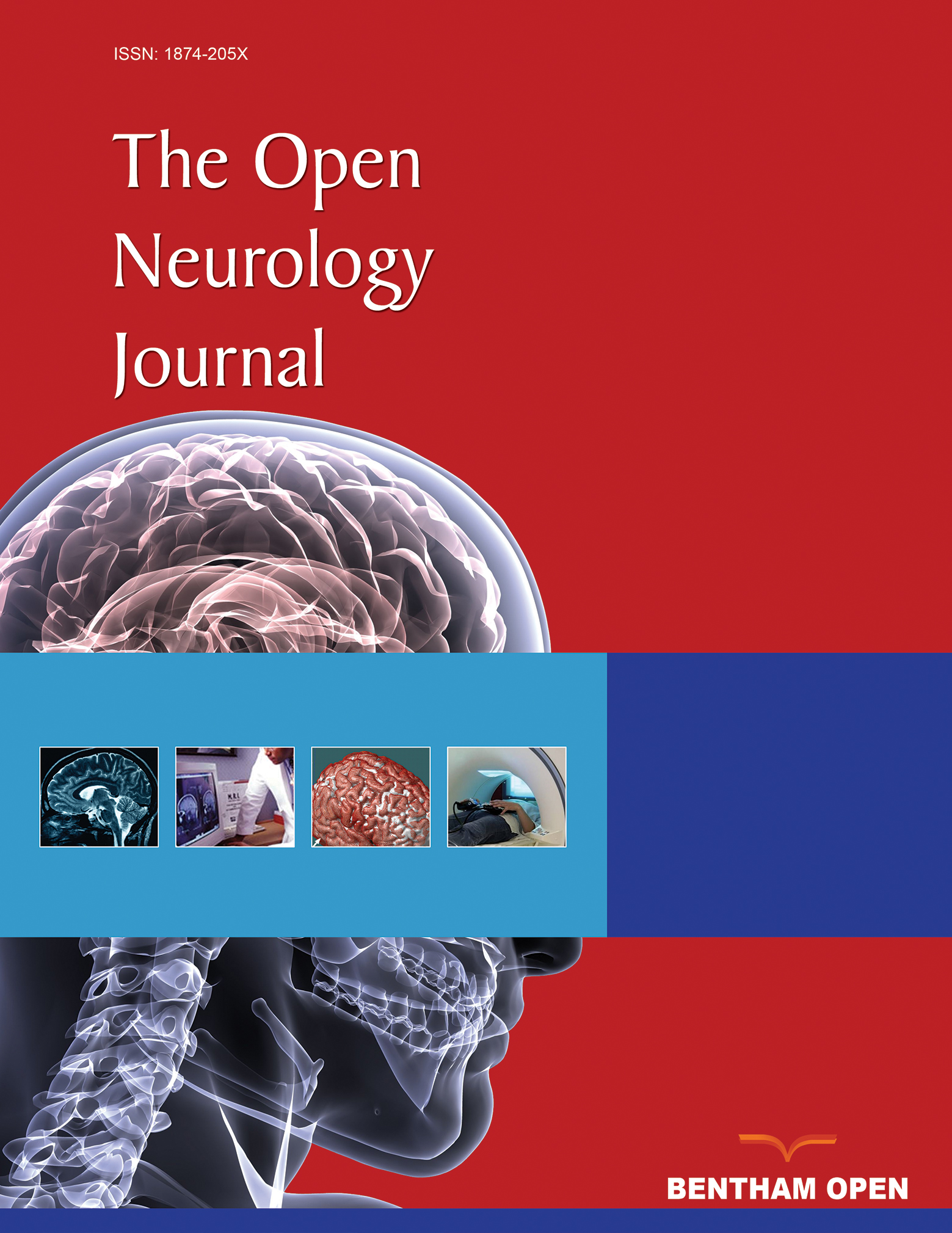Validation Study of the Mini-Mental State Examination in Urdu Language for Pakistani Population
Abstract
Validation study of the Mini-Mental State Examination in Urdu language for Pakistani population
Objective:
This study was conducted primarily to validate and determine the optimal cutoff score in the diagnosis of dementia among Pakistani’s and study the effects of gender and education on the MMSE performance in our population.
Methods:
Four hundred participants took part in the study. Patient with dementia recruited from five major hospitals from Pakistan. The MMSE was translated into Urdu.
Results:
There were 61 men and 39 women in dementia group and 225 men and 75 women in the control group. The mean score of Urdu MMSE were lower in patients with dementia 18.5 ± 5.6 (range 0-30) as compared to the controls 26.8 ± 2.6 (range 7-30). This difference between groups was statistically significant (p<0.001). Educational based MMSE score below 15 yielded perfect sensitivity and specificity for the diagnosis of dementia.
Conclusions:
These finding confirm the influence of level of education on MMSE score and education stratified cutoff scores should be used while screening for cognitive impairment in this population.


